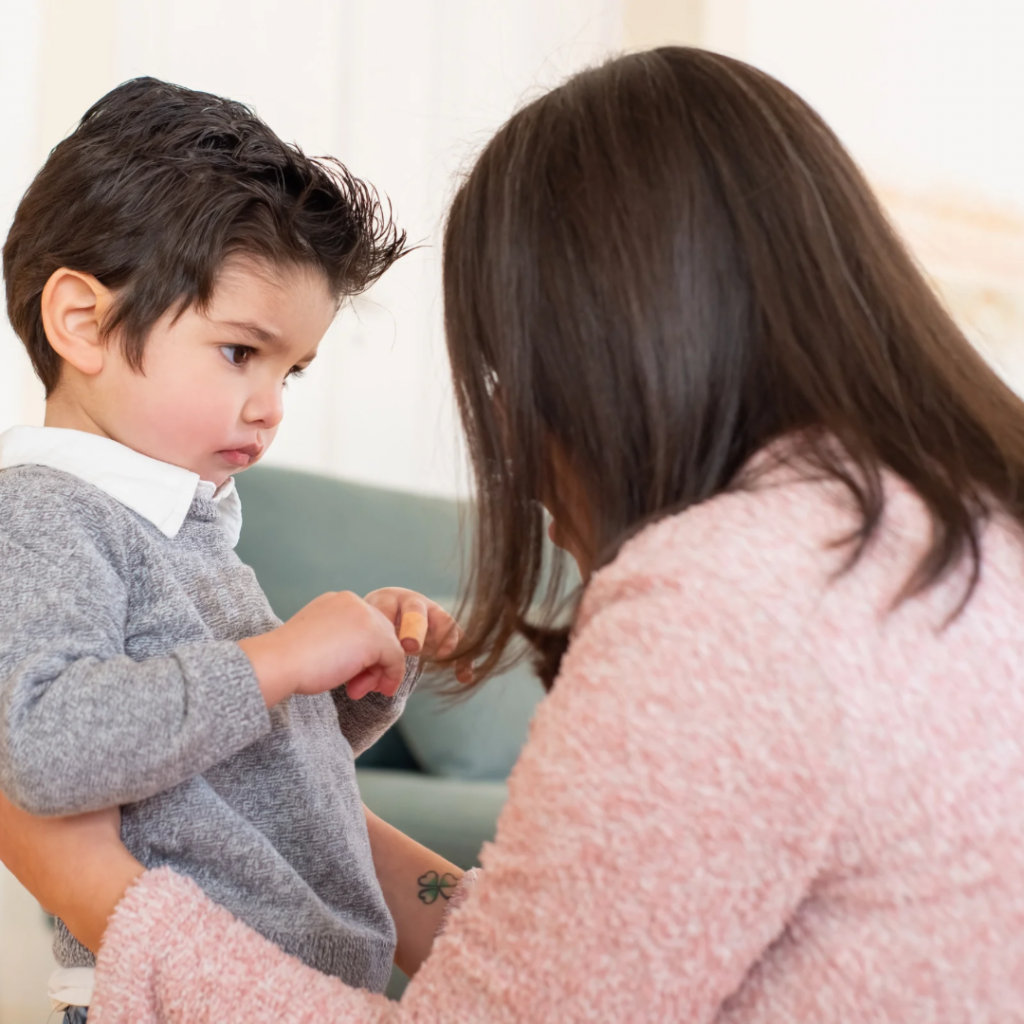Age-Appropriate Conversations
War is a complex and often distressing topic, one that parents and caregivers may find challenging to discuss with children. However, addressing this subject in an age-appropriate manner is essential for helping kids understand the world around them and fostering empathy, compassion, and critical thinking. In this blog post, we will explore how to have these conversations based on the child’s age.

Preschoolers and Young Children (Ages 3-7)
Preschoolers and young children often have a limited understanding of war. In these age groups, it’s best to emphasize the importance of kindness, sharing, and being a good friend. Parents can use age-appropriate books and stories that illustrate the value of peace, friendship, and understanding. These children are more receptive to simple narratives that emphasize positive behaviors.
Middle Childhood (Ages 7-12)
As children enter middle childhood, they begin to grasp more complex ideas. This is an ideal time to introduce discussions about conflict resolution and the consequences of war. Share age-appropriate history books or documentaries that explain the causes and effects of historical conflicts. Encourage open dialogue, answer their questions honestly, and emphasize the role of diplomacy and cooperation in resolving international issues.
Teenagers (Ages 13-18):
Teenagers have a greater capacity for critical thinking and understanding global issues. Encourage them to follow current events but guide them in reliable sources. Discuss the complexities of war, including its geopolitical, economic, and humanitarian dimensions. Encourage their involvement in peace initiatives or volunteering, and let them voice their opinions while fostering respect for different perspectives.
Essential Tips for All Age Groups
Regardless of your child’s age, there are a few key principles to follow:
1. Be Honest: Always provide accurate information. It’s essential to maintain trust with your child.
2. Listen Actively: Encourage your child to express their thoughts and emotions. Listen without judgment and validate their feelings.
3. Limit Exposure: Shield young children from graphic or distressing images and news reports. For teenagers, discuss appropriate media consumption and encourage critical thinking about the information they encounter.
4. Offer Reassurance: Remind your child of the safety and support they have at home and in their community.
5. Promote Empathy: Encourage your child to understand the feelings and experiences of others affected by war, fostering compassion and kindness.Talking to kids about war is a challenging but necessary part of parenting. By tailoring the conversation to your child’s age and maturity level, you can help them build a deeper understanding of the world and its complexities while instilling values of peace, empathy, and kindness. These conversations can shape compassionate, informed, and responsible citizens who strive for a more peaceful world.
